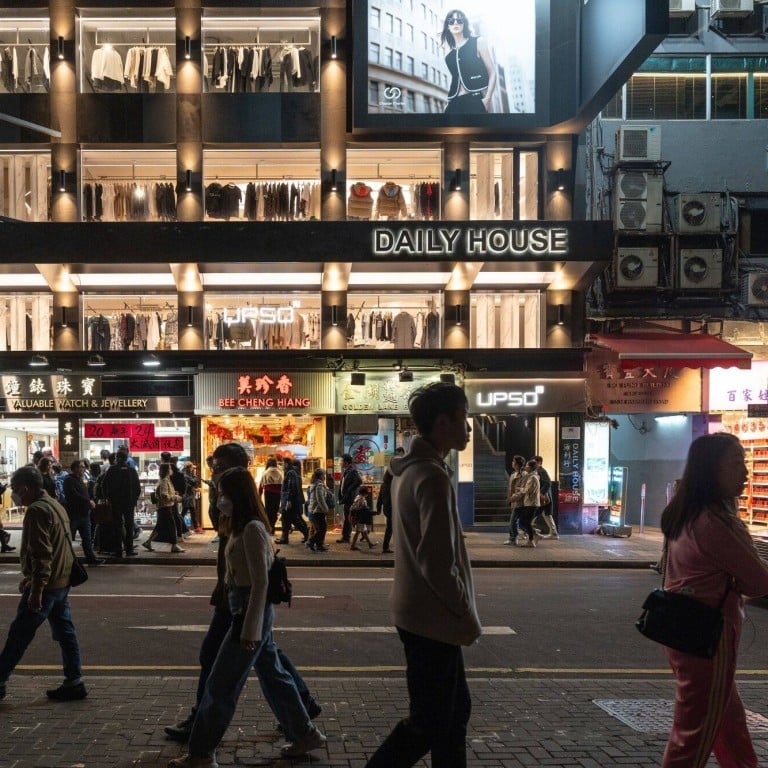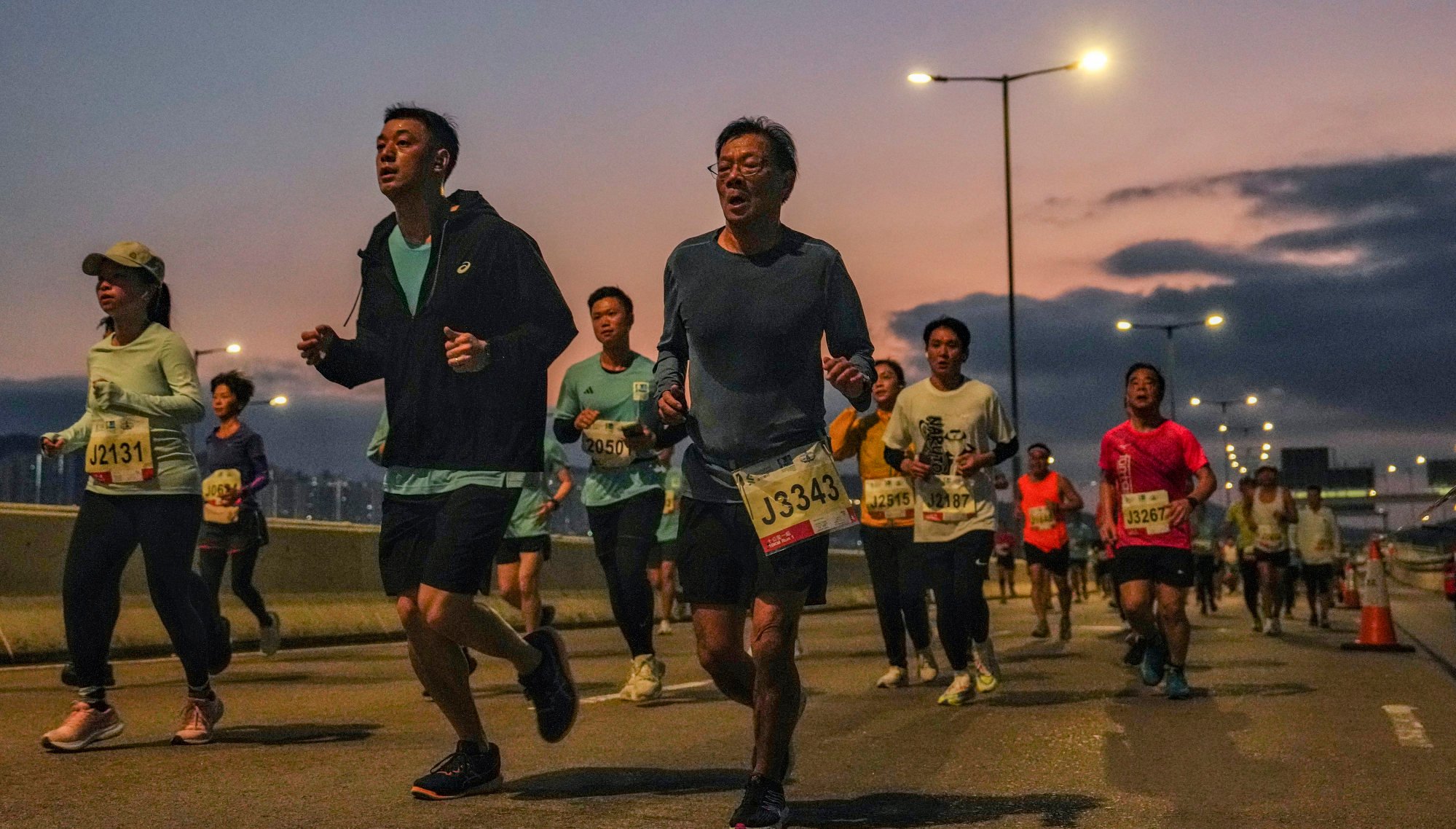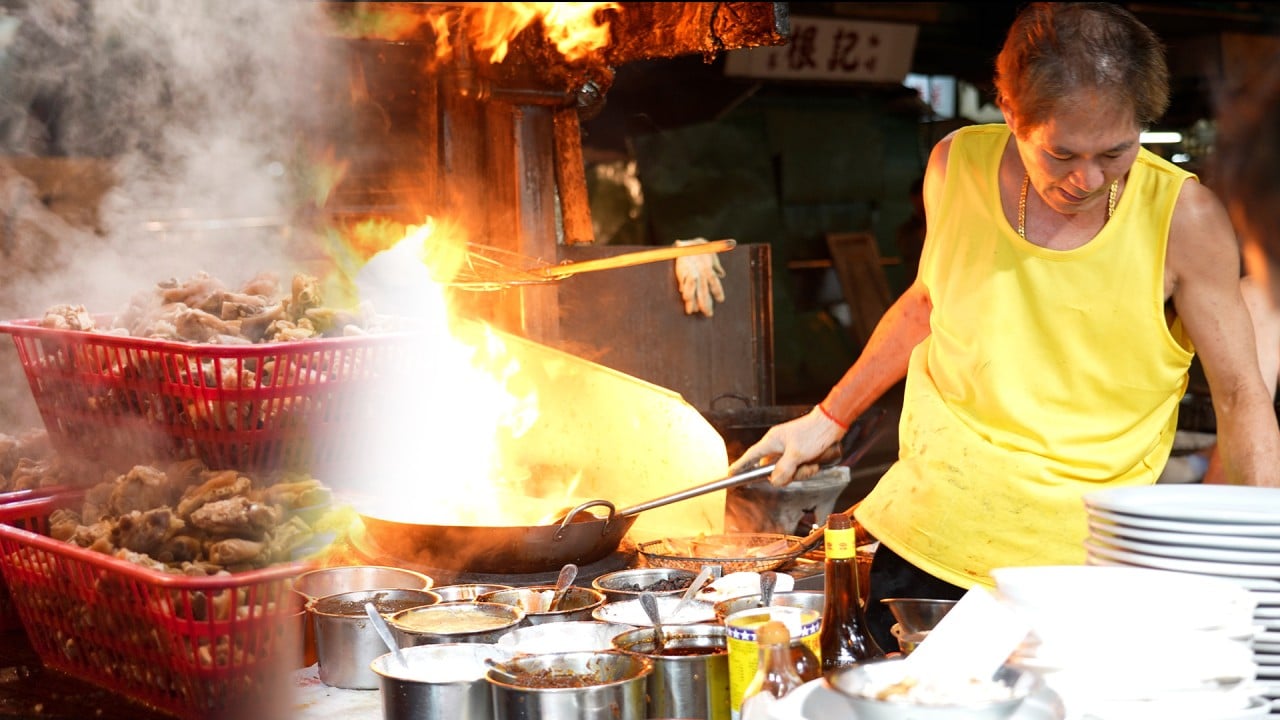
The Hong Kong of 20 years ago is gone. It’s time to accept it
- Changes in the population structure and attitudes to food, consumption and health have left our cityscape and hospitality sector looking old and tired
- We need to embrace the new opportunities being presented and transform Hong Kong into an interesting and attractive place again
Some changes are related to technology, others because of Covid-19, including changes in attitudes to health and well-being, and greater awareness of sustainability. Yet other changes relate to competition for Hong Kong residents’ time and money in Shenzhen. The collective impact of these factors means Hong Kong will never be the same again.
When industrial activities moved north in the 1980s, large areas of industrial floor space became available for other uses. Fo Tan became a hub for art and other innovative uses. Hong Kong people took the opportunity and created a range of new jobs and experiences. Cheaper retail space now provides new opportunities for our entrepreneurs to do something different.
In terms of Hong Kong’s population structure, there has been a significant decrease in the number of children, while those in generations X, Y and Z are entering middle age, and the baby boomers are moving into retirement and old age. These oldies have a lot of time to fill, and the young old (those aged 65-75) are often active, health conscious and have time on their hands and money to spend. They need a positive role in this changing society.
Meanwhile, the X, Y and Z generations have grown up with the internet and see sustainability as a significant part of their lives. They especially value health and fitness after the experience of the Covid-19 pandemic.

Compared to their parents, they are less likely to buy things and prefer to spend on experiences, on health and wellness, and on sports, culture, entertainment and outdoor experiences. They also shop online and are happy to order food in and spend time at home. With fewer people out and about, retail hours could be shorter, with later opening and earlier closing times.
As the baby-boomer cohort grows older and reduces their alcohol consumption, the younger generations replacing them are drinking less.
Working from home and flexible work hours mean there are more opportunities for people to participate in non-work activities throughout the week. Add to this the flexibility of retirees and there is a much larger group of people who can take time out for other activities during weekdays. The flexibility of working hours also reduces the concentration of people in offices, and cuts demand for restaurants and shopping.
These are the inevitable changes that come from changes in the population mix and cultural expectations. The most important thing is to accept that the Hong Kong of the mid-2000s has gone and won’t return. Incentives to consume more will conflict with the sustainability ideals of reducing unnecessary shopping.
New forms of experiential entertainment and those related to health and well-being will become more attractive. This provides scope for the development of new art and cultural activities.
New shopping centres could become focal points for community-based activities, more so than in the past, and feature more shops related to wellness, health and fitness. Older centres could be progressively refocused.
It should look to upgrade and paint our public buildings, renew our pedestrian spaces with quality pavements, plant more trees and provide lots of seats for our active elderly. Above all, let’s focus on making Hong Kong a nice place to be.
Ian Brownlee is managing director of Masterplan Limited, a planning and development consultancy


